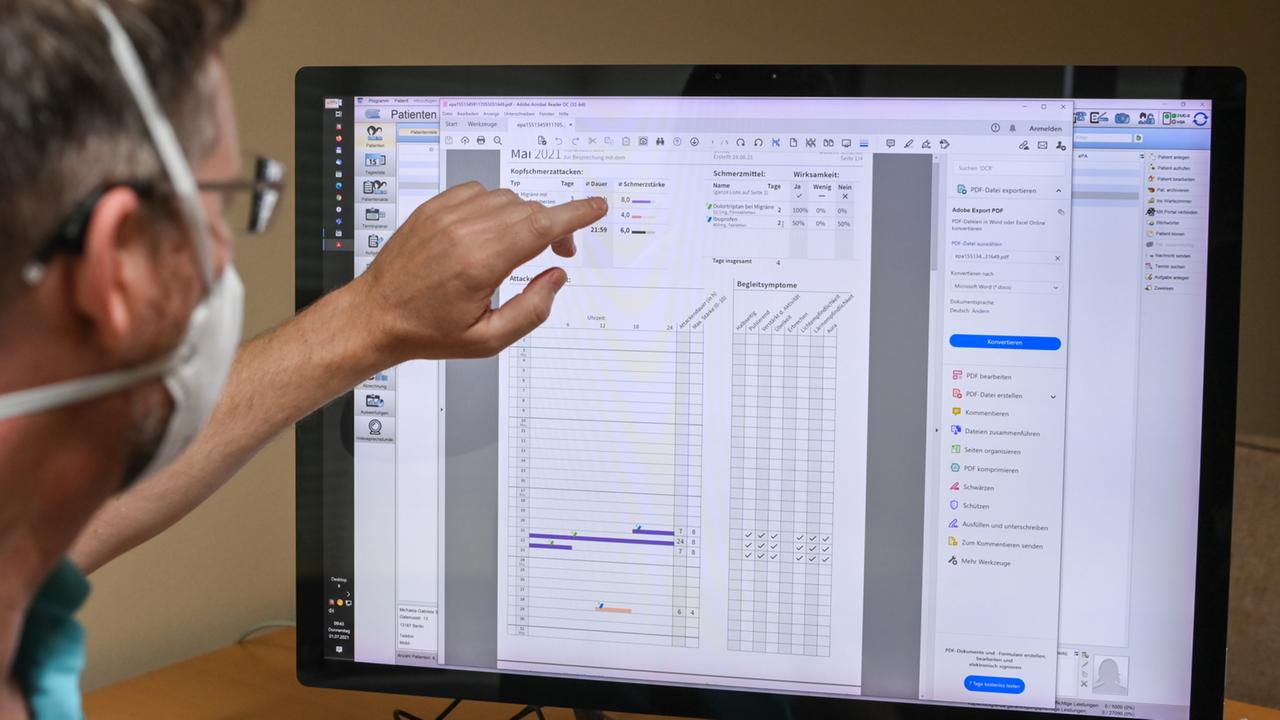This is a conjugated verb. Like ‘traffic’, the noun should NEVER get an S; no matter how much Felicia says, for the same reason ‘cattles’ is wrong.
If most people use it that way it is the standard. There is no wrong or right in language. Only an aggreed upon standard in a specific group. When studying english linguistics that was one of the very early lessons. And if you like prescriptivism: I had a look at what Merriam Webster had to say and they have an example for emails as a plural.




















I am very happy with Kagi. Can recommend. In the end someone has to pay for the service. With Kagi I know I don’t pay with my data but with money.